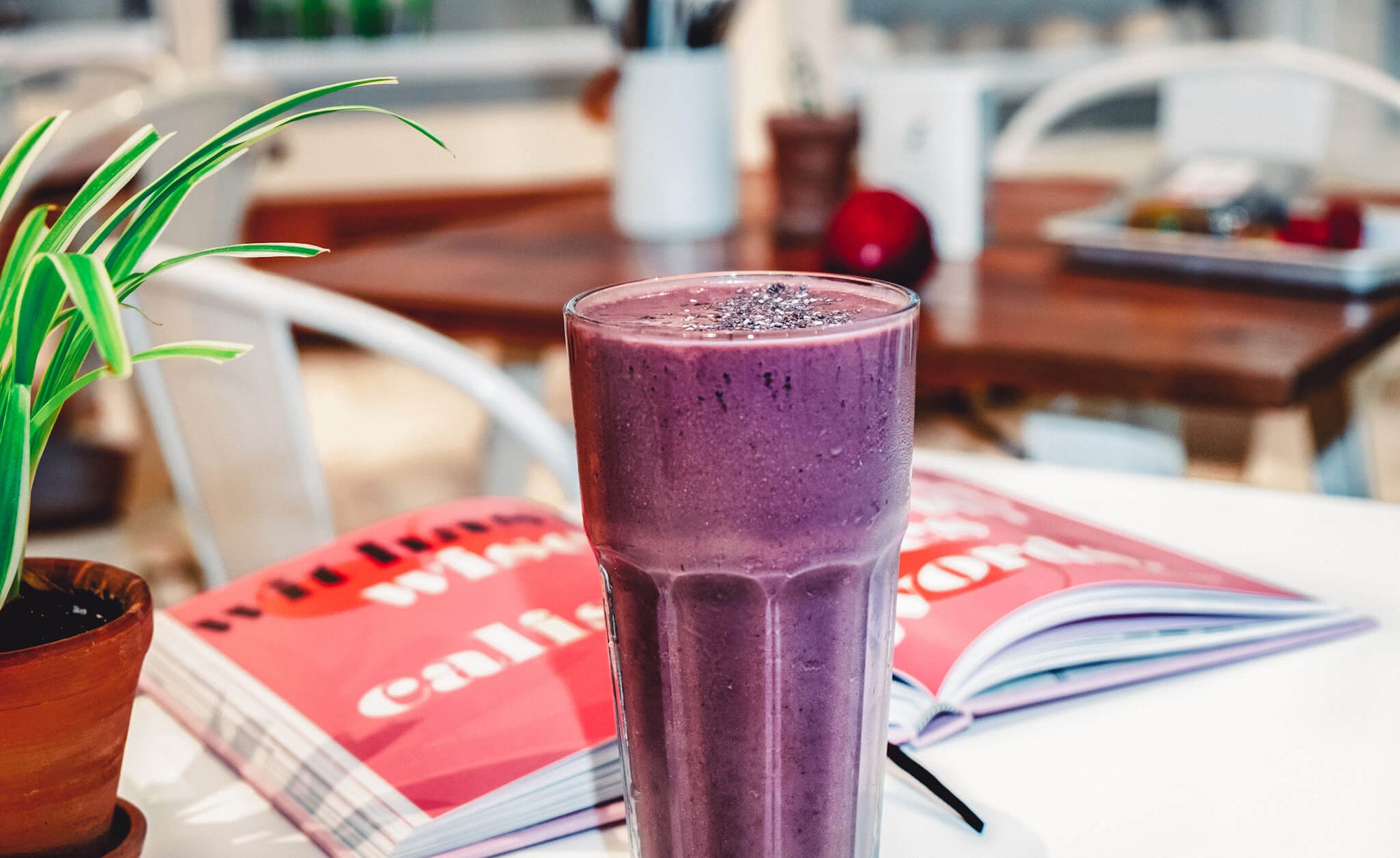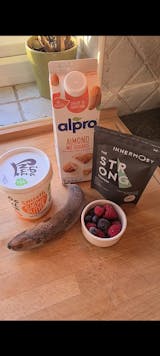Crafting the perfect protein shake looks simple - and it is (especially when Innermost has done all of the work for you, leaving you to enjoy an incredible, effective product). But are you shaking up your protein in the most optimised possible way for your and your body?
There’s nothing worse than realising that the gains you were hoping you would appear when won’t be arriving because of a small, easily rectified mistake. Innermost’s protein powders are formulated with functional ingredients, nootropics and adaptogens which help you to operate at your absolute best. Crafted with your individual goals in mind, they’re free from soy, gluten, fillers and GMO. All you need to do is pick the best one for your needs and get started.
Don’t overcomplicate things
This point is especially relevant if you’re drinking multiple of our delicious protein shakes a day. While it can be tempting to include lots of add-ins, sneaking that extra couple of spoonfuls of peanut butter, that half an avocado or handful of almonds into every single shake is going to up that calorie count by an awful lot.
While making smoothies with dried fruit or nut butter is fine (not to mention tasty), you’re not getting any benefit to adding to the number of calories in your shakes that up your protein intake. In fact, it could well be a detriment.
You’re using the wrong brand
Not all protein powder is made equal, and many products on the market are formulated cheaply, without beneficial ingredients or with suspiciously long shelf lives. Innermost has four protein powders to choose from, all formulated to suit your needs down to the ground.
The Strong Protein is a protein blend which will help you to push yourself harder, reduce inflammation and speed up recovery to help you get stronger, faster. This one’s for you’re if you’re looking to maximise muscle growth and power.
The Lean Protein has been designed for when you want to slim down, and is packed with ingredients to support fat metabolisation. Formulated to encourage healthy fat-loss, reduce cravings and support muscle growth and repair.
The Fit Protein is the one for you if you love nothing more than to push yourself harder and faster than your peers. Formulated to rehydrate and restore your energy, as well as support muscle growth and repair.
Last but by no means least, The Health Protein is a vegan protein blend with a perfectly balanced amino acid profile. It will help to support your immune system and your health, and to increase muscle repair and growth.
Mix it up
As well as carefully ensuring that your protein shakes are well blended before you start sipping (no-one enjoys finding a dry chunk of powder at the bottom of the glass), it’s a good idea to mix up how you consume your protein. Constricting yourself to mixing your protein powder only with water or milk means you’re missing out on some tasty - not to mention muscle-building - alternatives.
We have recipes and ideas for all kinds of protein-packed meals in our Insight blog, such as smoothie bowls, chocolate brownies, porridge and much more. Eating a protein powder-packed breakfast could even make you less likely to overeat during the day, according to research from the University of Missouri-Columbia.
You’re adding too much
You can have too much of a good thing, you know. While it’s not too much of a leap to jump from ‘getting enough protein to build muscle’ to ‘there’s no such thing as too much protein’, it’s incorrect and could even be harmful.
Want to know how many protein shakes a day you need? You need 1.5 to 2g of protein per kilo of bodyweight per day if you want to build muscle. This means that if you’re the UK average weight of 83kg, you need at least 133g of protein per day. Eating more than won’t do any good, especially if you’re sourcing your protein from red meat, which has high saturated fat levels. Those who eat a very high protein diet are also at risk of kidney stones.
As long as you follow our recommendation of four scoops per shake or smoothie, you’ll be all set.
Watch your intake window
Are you grabbing your blender the very second you finish your cooldown, before you even wipe the sweat from your brow?
While everyone’s bodies are different, it’s true that timing your pre-workout snack and post-exercise shake could well be your biggest ally in building muscle. However, eating or drinking your protein the very instant you finish your reps isn’t necessary - it’s fine to shower, chat with your gym buddies and check your emails before scooping out that precious protein.
A review in the Journal of the International Society of Sports Nutrition concluded that your muscles are primed to receive protein in a larger time window than previously thought. That said, it’s a good idea to get some protein within an hour or so after your workout so your muscles are receptive to the fuel they need to heal and grow.
























